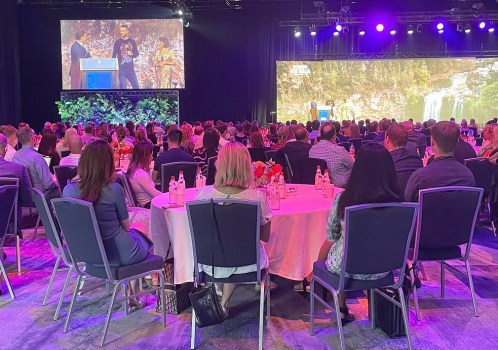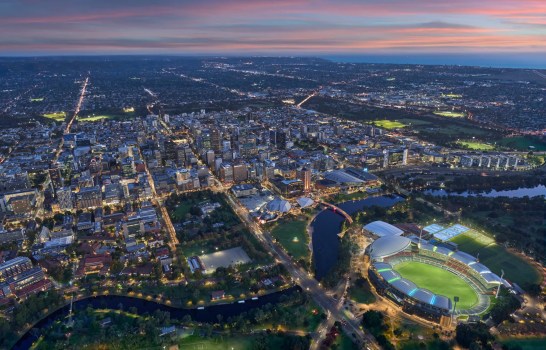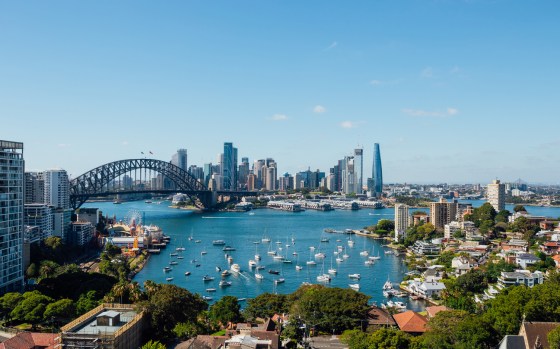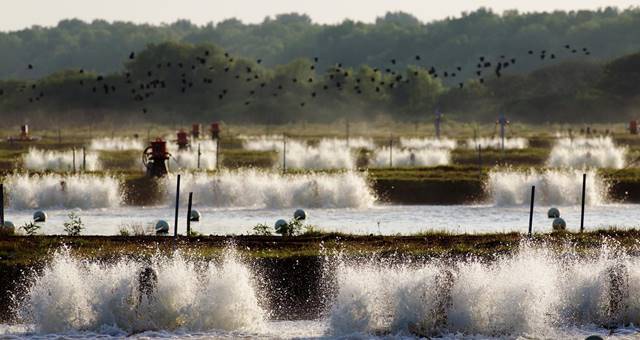
ABEA’s International Business Events Forward Calendar 2024 provides analysis of the business events bid pipeline based on data provided by 16 Australian convention bureaus.
The new report is the first published by ABEA, with the previous version released by the Association of Australian Convention Bureaux (AACB) before unification of the industry associations to form ABEA in 2023.
ABEA CEO Melissa Brown says the business events sector is unique because it is the only pillar of the tourism sector that provides a vision of confirmed future business.
“The forward calendar outlines international business events attracted to Australia by convention bureaus across the country,” she says.
“This intelligence is used by industry, governments and their departments to maximise the benefits these events offer academia, trade, medicine, science and technology.”
The forward calendar details a strong and successful pipeline of business events to 2031, including:
- $760,101,236 in total delegate spend, including $697,043,164 of domestic spending.
- 1,597,579 total delegate days.
- 2792 total business event days.
- 30 per cent of all future international conventions won have a trade or exhibition component.
- 24 per cent of all international business events are considered professional, scientific and technical services, which represents 93,587 delegates.
- 23 per cent of all international business events are considered health care and social-assistance related, which represents 91,891 delegates.
The top reasons provided for winning bids include the bid team (34 per cent), geographic preference (23 per cent) and financial package (12 per cent).
Conversely, data comprising the report informs that 399 business events bids have been lost during the same period, which equals $334 million in delegating spending.
The reasons for these failed bids include geographic preference elsewhere (29 per cent), cost (13 per cent) and the financial package (13 per cent).
Brown says the insights from failed bids reveal a huge opportunity for business events growth in Australia.
“Australia is a great place to host events, however we sit within a hugely competitive global landscape,” she says.
“This underscores the importance of Tourism’s Australia’s national bid fund for the future growth of our important industry.
“The business events sector offers an enormous opportunity for economic contribution that is greater than we are already providing.
“Australia leads with demand from areas such as scientific meetings and health care – events that showcase expertise and provide opportunities for further research, education and collaboration that deliver meaningful benefits for Australians.
“This report is critical in evidencing the size, breadth and scale of opportunities while outlining strategies for the sector to work hand-in-hand to ensure we win every bid possible.”





